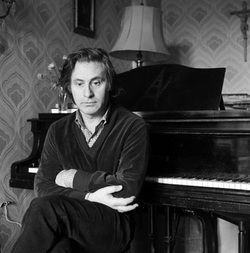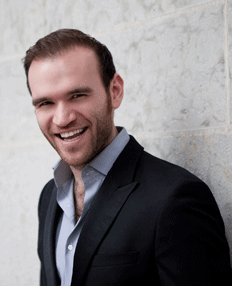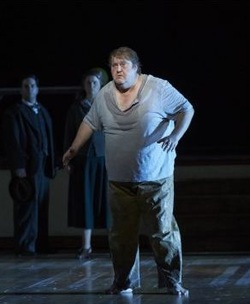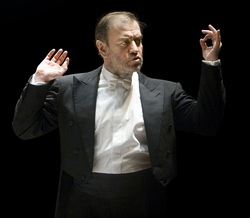 Curtis Sullivan and Ambur Braid in OA's Abduction.
Curtis Sullivan and Ambur Braid in OA's Abduction. For three decades, opera lovers here have been feasting on Opera Atelier’s period-based productions of Baroque and Classical opera. The latest OA offering – a remount of the company’s 2008 production of Mozart’s The Abduction From the Seraglio – drew a near-capacity audience to Toronto’s Elgin Theatre on opening night, Oct. 26. But beyond Canada’s borders, OA isn’t nearly as well known as it ought to be. And there are good reasons why the opera world should know about this unique little company.




 RSS Feed
RSS Feed

